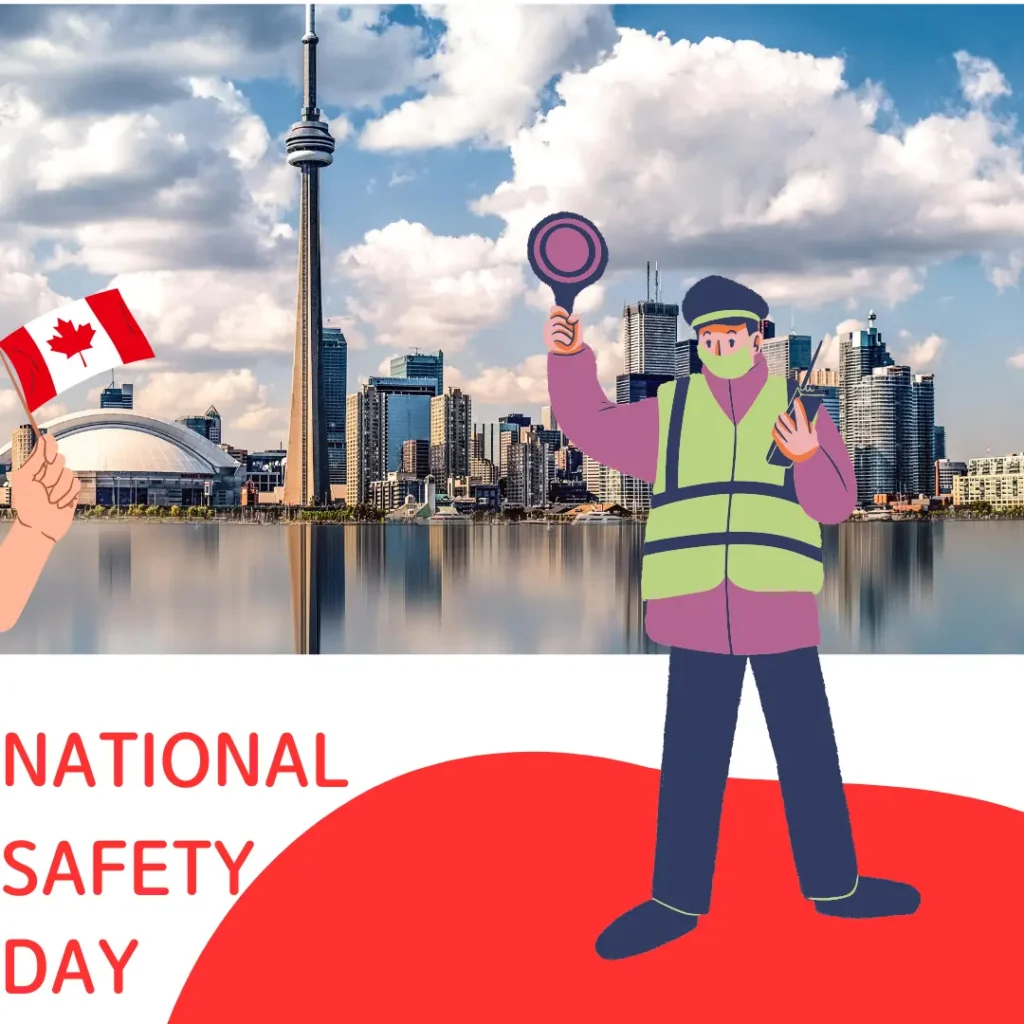Road safety is a major concern worldwide, as road accidents cause significant loss of life and economic burden.
Graduated Licensing Systems (GLS) have been introduced in many countries as a strategy to reduce the risks associated with novice drivers.
These systems usually involve a gradual approach to obtaining a full driver’s license, with various stages and restrictions during the learning process. Although the focus has traditionally been on the initial stage of licensing, there is growing recognition of the need for progressive license renewals to address safety concerns for all, especially more experienced drivers. This essay explores the concept of progressive license renewal and its potential to improve road safety.
Advanced Licensing Evolution
Gradual licensing was introduced to avoid serious crashes for novice drivers. By gradually introducing new drivers to the complexities of the road, these systems aim to develop their skills and judgment over time. There is often a limited learner’s license to start with, followed by a provisional driver’s license with additional restrictions such as nighttime and passenger restrictions. Finally, a full, unrestricted driver’s license is issued after the novice driver has completed the required steps.
Challenges for new drivers
While the graded license is effective in reducing accidents among novice drivers, it may not adequately address the ongoing safety concerns of more experienced drivers. Research shows that the incidence of accidents is not limited to novices, but several factors contribute to accidents among drivers of all skill levels. These factors include distracted driving, impaired driving, and illnesses that can impair a driver’s ability.
Graduated Licensing Requalification
Graduated Licensing Requalification is a concept that extends GLS principles beyond the initial licensing stage. It recognizes that road safety is an ongoing issue and that drivers must continue to demonstrate their competence over time. Qualification procedures may include periodic tests, training, and a review of driving records to identify and address potential safety issues.

Regular testing
One way to implement progressive licensing requalification is through regular testing. This approach requires drivers to assess their knowledge, skills, and awareness of current traffic laws. Regular testing can help identify areas where drivers may need additional training or education. For example, a driver may have to demonstrate their ability to operate new vehicle technologies or navigate changing traffic patterns.
Training Courses
In addition to periodic testing, license reinstatement may include mandatory training courses. These courses could cover a variety of topics, including defensive driving techniques, updated traffic regulations, and awareness of emerging road safety issues. By requiring drivers to participate in ongoing training, authorities can ensure that drivers remain knowledgeable and professional throughout their years of driving.
Evaluation of driving licenses
An effective, gradual requalification system for driving licenses should also include a thorough evaluation of driving records. Traffic violations, accidents, and other events that may indicate unsafe driving behavior must be carefully evaluated. Depending on the severity and frequency of violations, drivers may be required to undergo additional training, have their licenses restricted, or, in extreme cases, have their licenses suspended.
Benefits of License Requalification and Road safety
Better Road Safety: License requalification can improve overall road safety by addressing the ongoing challenges that cause accidents among drivers of all skill levels.
Adaptation to changing conditions: retraining resources can ensure that drivers are up to date with changing road conditions, technological developments, and changes in traffic laws.
Continuous skills development: Continuous training and testing can contribute to the continuous development of managers’ skills and improve their ability to navigate a complex and dynamic traffic environment.
Accident Reduction: By proactively identifying and addressing potential safety issues, gradual license requalification can reduce accidents, save lives, and reduce the financial impact of traffic-related incidents.
Conclusion
As road safety remains a global problem, it is important to reassess and expand existing resources. Recycling expired licenses offers a promising approach to solving the ongoing problems that cause accidents on our roads. By introducing periodic inspections, mandatory training, and comprehensive driving history assessments, authorities can create a comprehensive system that encourages continuous skill development and improves road safety for all drivers. The implementation of driver’s license requalification reflects a commitment to promoting a responsible and professional driving culture that ultimately creates safer roads for all.
